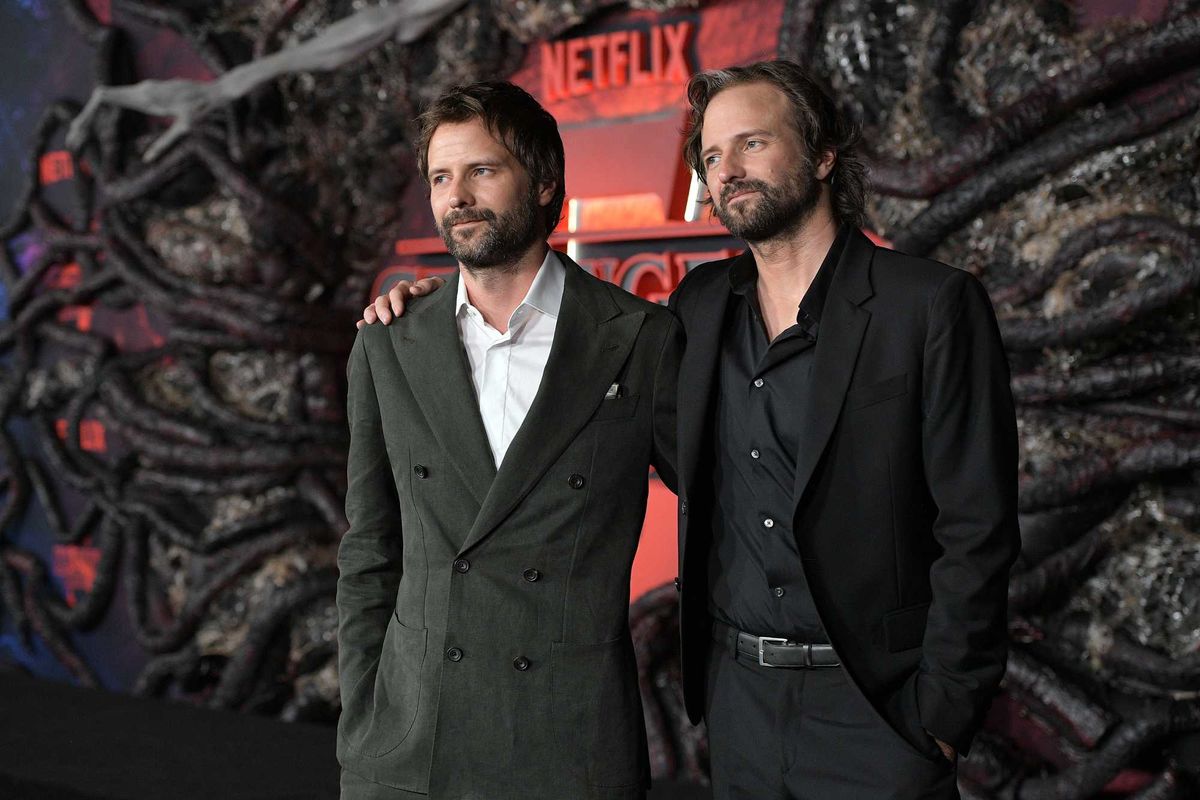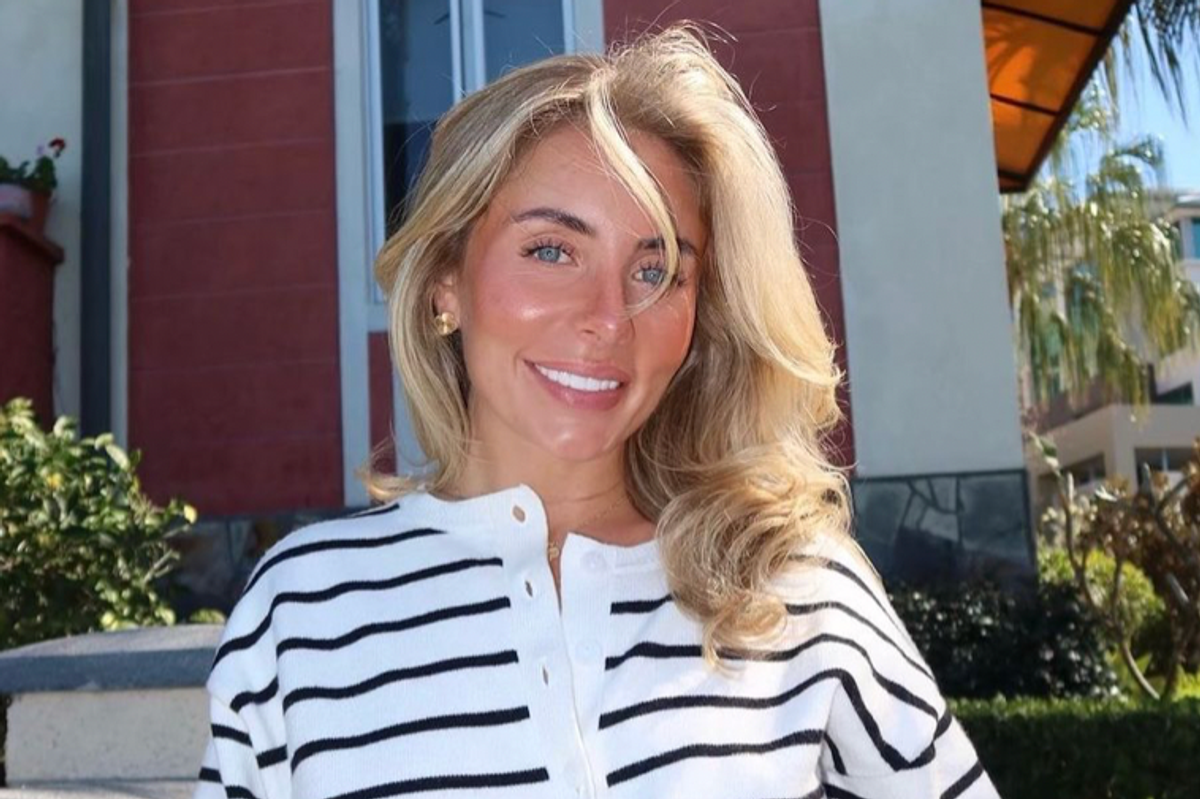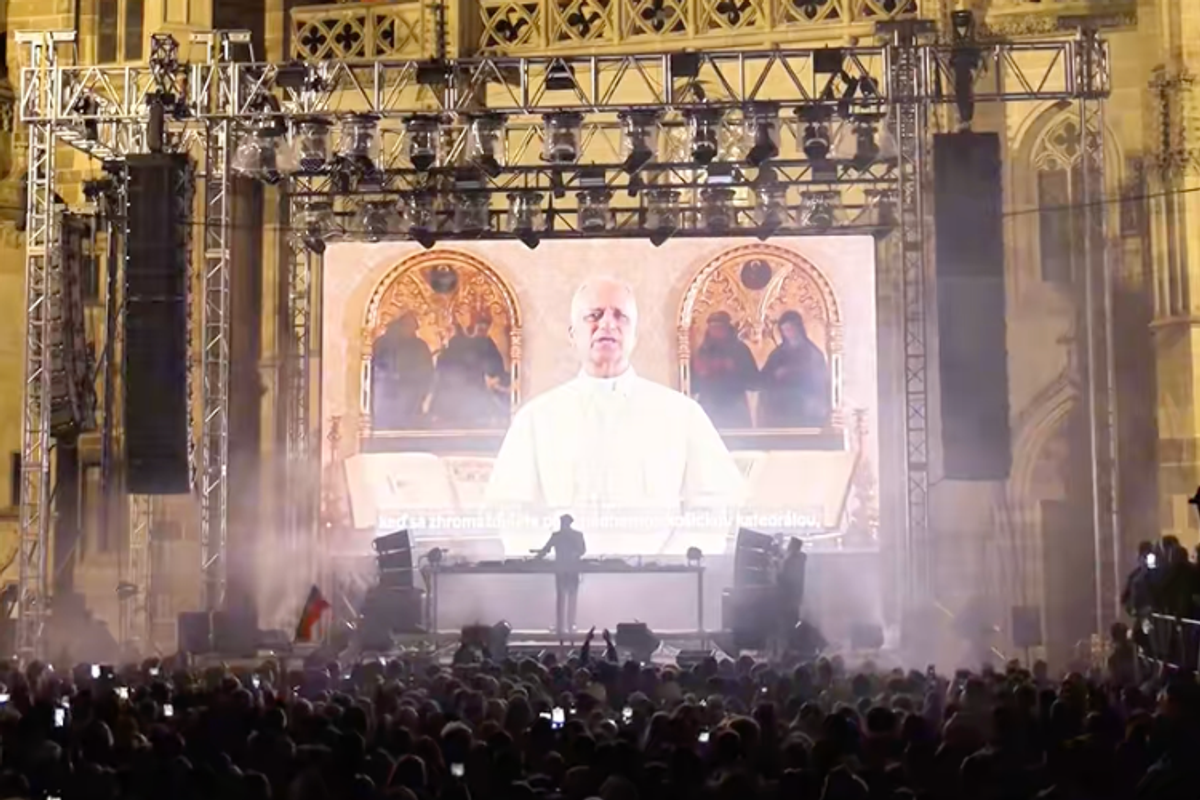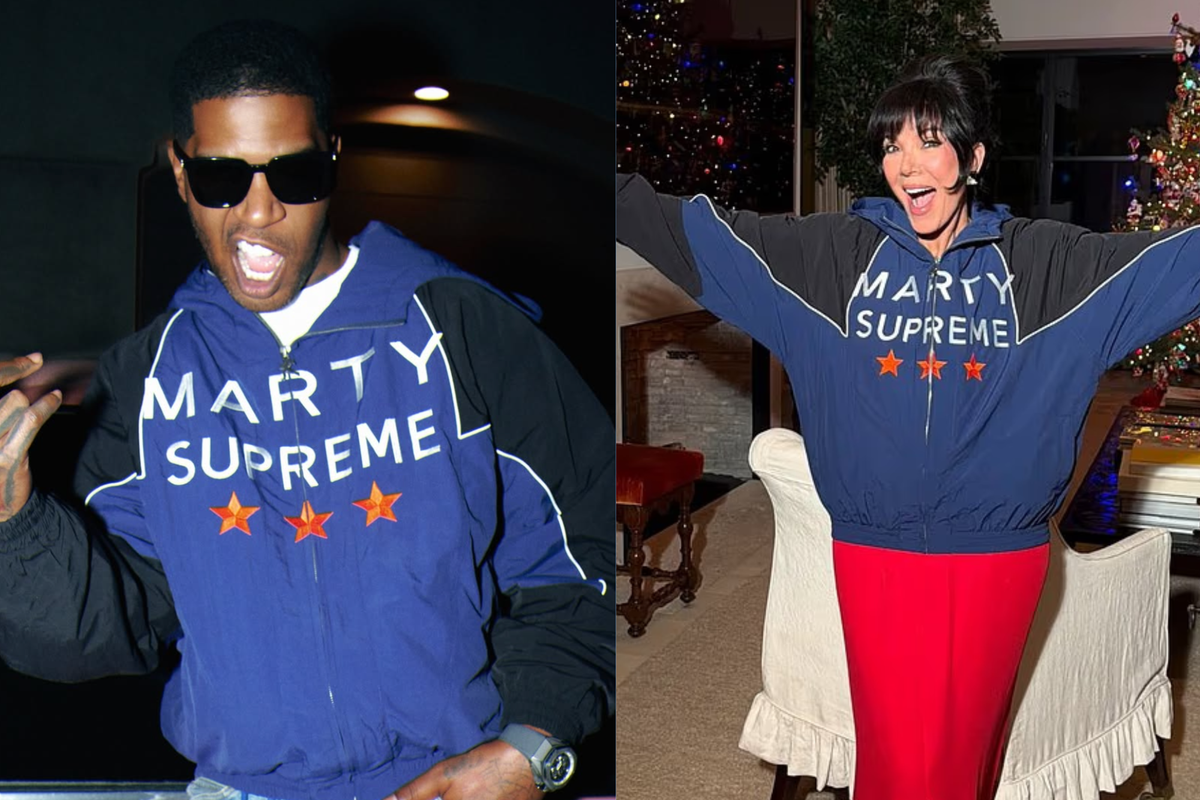News
Dina Rickman
Jan 07, 2015
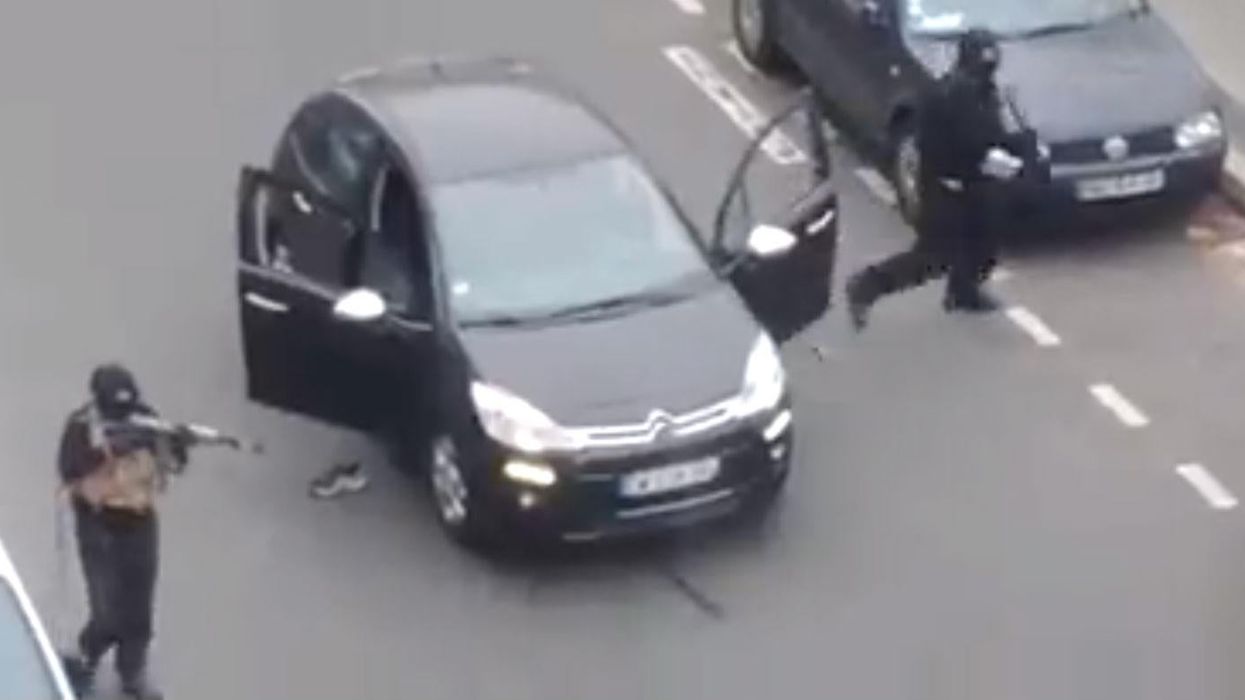
Twelve people have been killed and five seriously injured after masked men stormed the offices of French satirical magazine Charlie Hebdo.
The incident is France's deadliest terror attack in at least two decades. Paris police have said multiple shots were fired and three gunmen were involved.
Two policemen are among the dead and the gunmen remain unaccounted for. In video from the scene the words “Allahu Akbar” can be heard as shots are fired. Footage of the scene outside the magazine's offices shows the gunmen moving slowly and calmly, with one attacker bending over to toss a fallen shoe back into the small black car before fleeing the scene. The car was later found abandoned in the 19th Arrondissement of northern Paris, police said.
High profile figures at the magazine including its editor and chief cartoonist, Stéphane Charbonnier, known as “Charb”, and Jean Cabut, or “Cabu”, a veteran of several French newspapers and reportedly the highest paid cartoonist in the world, were both killed.
Charlie Hebdo's editor in chief Gérard Biard was in London at the time of the attack. He said he was "shocked" at the attack, adding "a newspaper is not a weapon of war".
Speaking from the scene, French president François Hollande said the shooting was "undoubtedly" a terrorist attack.
"Journalists and police officers were cowardly murdered," he said.
Later on Wednesday he announced a national day of mourning for France.
By Wednesday evening the gunmen were still at large despite a large scale police hunt.
Here is what we know and what we don't know.
What has been reported
One of the magazine's cartoonists Corine Rey, who is known as "Coco", told newspaper Humanite she let the armed men inside Charlie Hebdo's offices after being ordered to at gunpoint when she arrived there with her young child.
She said the gunmen "spoke perfect French," adding "they said they were Al Qaeda".
The journalists were in an editorial meeting and the gunmen headed straight for the paper's editor, killing him and his police bodyguard first, according to a police union spokesman.
Four journalists (Stéphane Charbonnier, Jean Cabut, Georges Wolinski and Bernard Verlhac) have been confirmed dead and French media also reports economist Bernard Maris was amongst those killed.
The Guardian reports that it was the magazine's press day and the "important staff" were all there. "We have not seen carnage like this since the Second World War," a police spokesperson told the newspaper's reporter Kim Willsher.
An unverified video posted by journalist Martin Boudot shows men in black firing weapons and shouting "Allahu Akbar".
A separate video uploaded to Facebook shows gunmen roaming the streets, with one gunman shooting a policeman in the head as he writhed on the ground. Europe1 News Journalist Pierre de Cossette has reported that several "men in black hoods were heard to shout 'the Prophet has been avenged'".
Witness Benoit Bringer said: "About a half an hour ago two black-hooded men entered the building with Kalashnikovs (guns).
"A few minutes later we heard lots of shots."
He said two officers arrived on bicycles, then - apparently unarmed - they left.
This tweet appears to show the attackers pointing their guns at a car.
The Independent's defence correspondent Kim Sengupta reported the gunmen showed "military precision".
The advance of the killers down the street is deliberate and synchronised in army fashion, one covering the other before swapping positions. This gives them maximum protection, especially in an urban environment, where opponents can hide behind cars and in alleyways.
Images from the scene of the shooting at French satirical newspaper Charlie Hebdo
What we know
The magazine is a Private Eye-style publication whose offices were once fire-bombed in 2011 after they published a spoof issue “guest edited” by the Prophet Mohamed.
Isis has threatened to attack France, and Charlie Hebdo has been repeatedly threatened for publishing caricatures of the Prophet Mohamed, among other controversial sketches.
This was the magazine's final tweet before the shooting, which translates as "best wishes, in fact". The cartoon caption translates as "best wishes and to Al-Baghdadi as well", and in the speech bubble the Isis leader is saying "and mostly good health".
The political reaction
The government in Paris is raising the terror alert to France's highest level.
No barbaric act will never extinguish the freedom of the press.
- François Hollande
Christophe DeLoire of Reporters Without Borders said: "This is the darkest day of the history of the French press."
The murders in Paris are sickening. We stand with the French people in the fight against terror and defending freedom of press.
- David Cameron
A White House spokesperson also condemned the shooting in the "strongest possible terms".
What we don't know
- The full number of casualties
- Who the gunmen are and where they are
- Their motivation
Additional reporting: AP.
More: A brief history of Charlie Hebdo: The French satirical magazine
More: [France mourns four of its best known cartoonists]6
Top 100
The Conversation (0)










